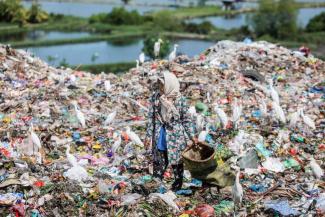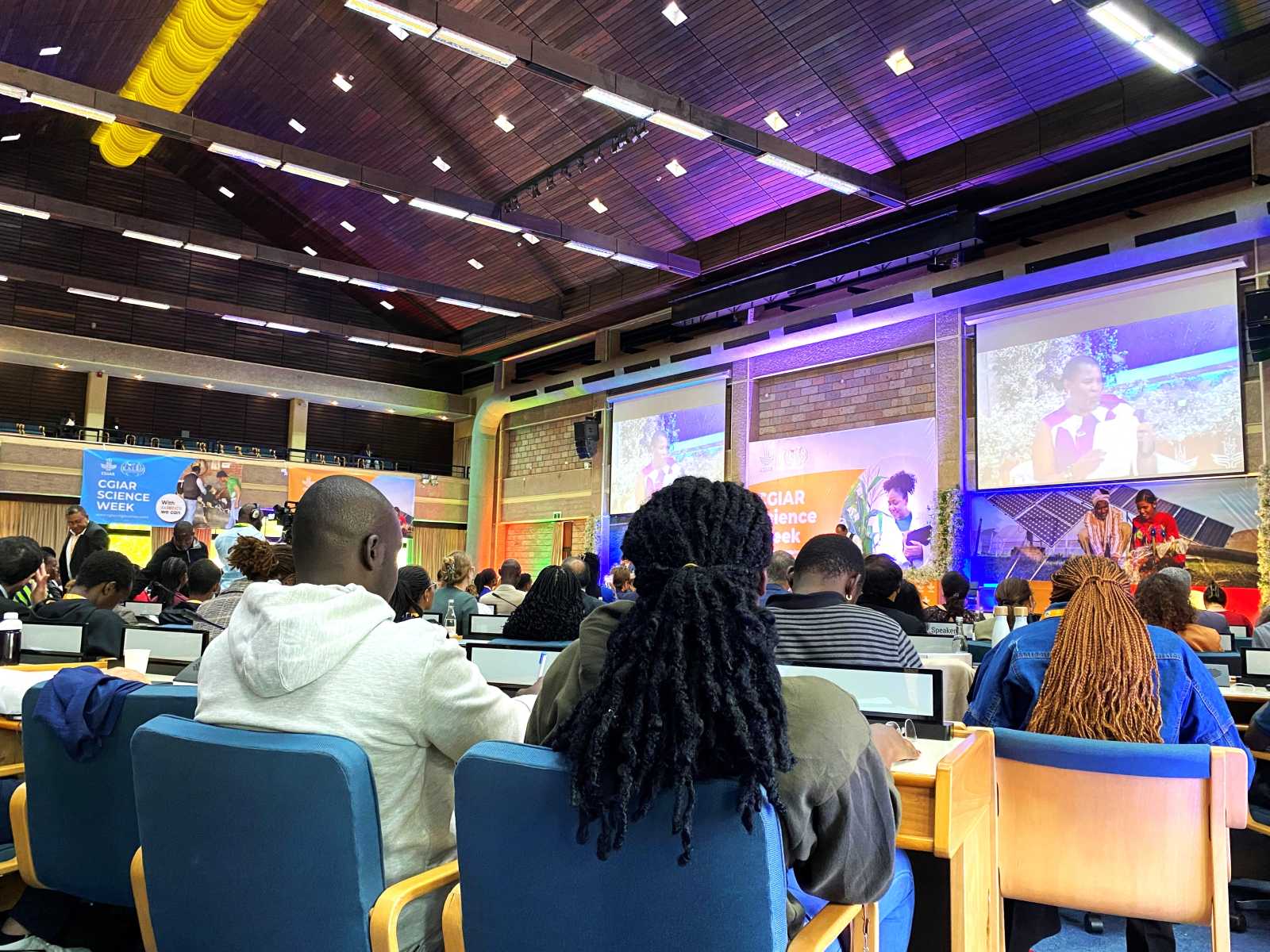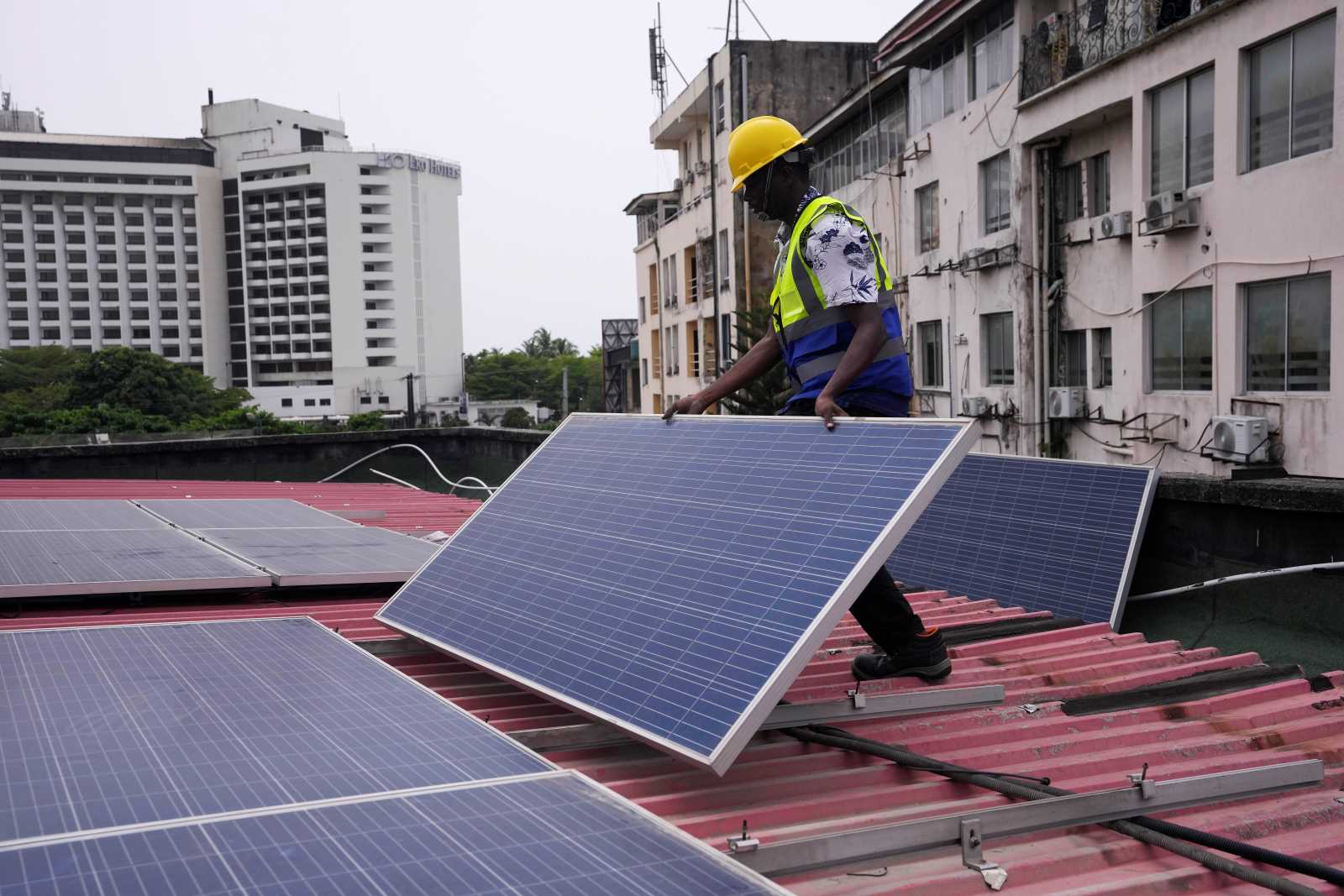Our view
Appreciating the value of waste

Acid smoke is drifting over piles of scrap metal, plastic items, rotting food, empty bottles and broken electronic devices. Birds with dirty feathers and people in colourful clothing are scavenging in this bleak scenario. Photos of this kind can be taken in many places, for example in Jakarta, Kolkata, Nairobi, Accra or Mexico City.
Berlin, London and Paris do not come to mind, but the reason is not that waste management is perfect in high-income countries. It is not. The full truth is that the garbage these countries export compounds environmental problems in less advantaged places. Indeed, some accuse the EU of “waste colonialism”. Litter from prosperous nations ends up on overburdened landfills in disadvantaged countries.
Those countries can hardly cope with the waste their own people generate. City governments tend to be overwhelmed by the needs of their huge and fast-growing populations. Typically, the local authorities are left to themselves when it comes to dealing with municipal waste.
Apparently chaotic landfills, however, are where a huge number of people earn their livelihoods. No one knows the exact number of waste pickers around the world. It is estimated that there must be at least 15 million.
They typically work informally, enjoying neither rights nor social protection. Organised crime often controls the sector, and the gangs show no mercy in their exploitation of helpless persons. The exposure to health risks and discrimination compounds the marginalisation of the families who depend on informal waste recycling.
Waste pickers are on to something
The full truth, however, is that the scavengers are on to something. Garbage is a valuable resource. Policymakers should take note. Unless the worth of waste is appreciated, the urgently needed transition to fair circular economies around the world will fail. The guiding idea of the circular economy is that waste must either be avoided or made use of once more. Experts speak of the “3R” which stand for reducing, reusing and recycling.
The transition to circular economies will help to get a grip on the climate crisis and the dwindling of biodiversity. Industries would benefit by becoming more efficient and finding new business opportunities. In terms of waste avoidance, public and private sector agencies must develop sensible approaches, helping people to modify their behaviour. Options include refund systems, apps for preventing food wastage and schemes to lease packaging, for example.
“Responsible consumption and production” is the UN’s 12th Sustainable Development Goal (SDG). So far, however, there is a striking lack of effective regulations at municipal, national and international levels. Existing rules must be made more stringent and loopholes must be closed.
What is equally lacking is convincing strategies to promote the social inclusion of scavenger communities. The people concerned deserve opportunities in more appropriate forms of waste management, and it would certainly make sense to rely on their knowledge of resource usage in all efforts to formalise their sector.
Katharina Wilhelm Otieno is a member of D+C/E+Z’s editorial team.
euz.editor@dandc.eu













